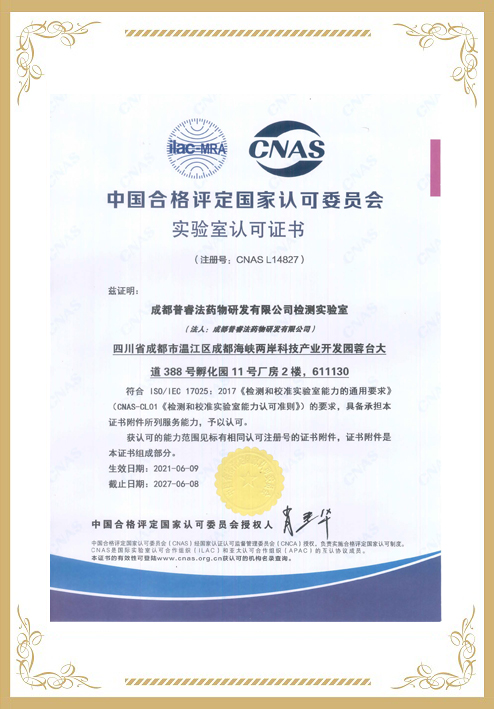Pyruvate kinase M2 (PKM2) is overexpressed in neuronal cells. However, there are few studies on the involvement of PKM2 modulators in neurodegenerative diseases. Emodin, a dominating anthraquinone derivative extracting from the rhizome of rhubarb, has received expanding consideration due to its pharmacological properties. Our data reveal that emodin could resist hydrogen peroxide- or 6-hydroxydopamine-mediated mitochondrial fission and apoptosis in PC12 cells (a neuron-like rat pheochromocytoma cell line). Notably, emodin at nontoxic concentrations significantly inhibits PKM2 activity and promotes dissociation of tetrameric PKM2 into dimers in cells. The PKM2 dimerization enhances the interaction of PKM2 and NFE2-related factor 2 (Nrf2), which further triggers the activation of the Nrf2/ARE pathway to upregulate a panel of cytoprotective genes. Modulating the PKM2/Nrf2/ARE axis by emodin unveils a novel mechanism for understanding the pharmacological functions of emodin. Our findings indicate that emodin is a potential candidate for the treatment of oxidative stress-related neurodegenerative disorders.























